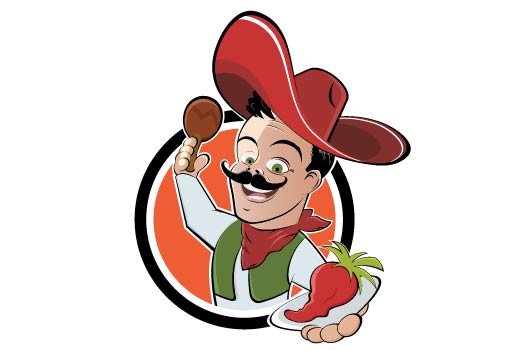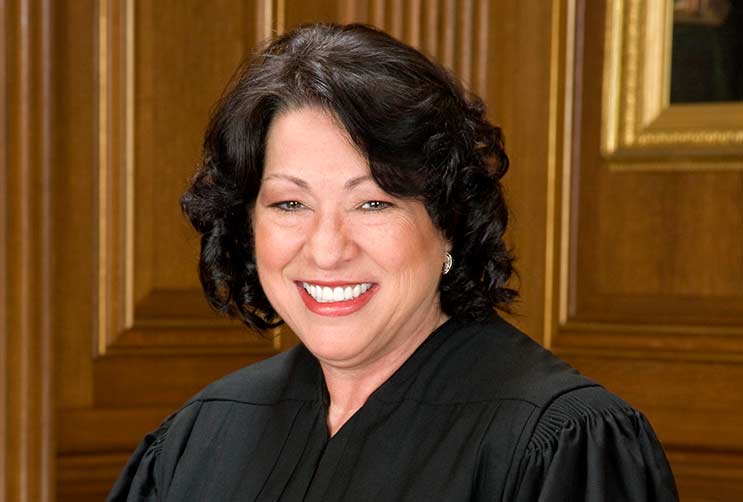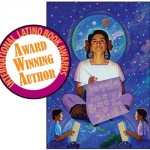
Growing up we knew exactly what we were supposed to be. We were Mexicans, just like our parents, only unlike them, we were born here in the United States. Or so we thought. Then we got to the actual rancho in Mexico where both my parents grew up and it was immediately apparent that we weren’t as mexicanos as everyone else. We learned on that trip—I must have been about eight years old—what it meant to be a chicano, and more importantly that although we had been born in Mexico we were gringos in the eyes of all our Mexican family members!
They were amused by our lack of understanding of some of the words they used. They giggled at how funny we sounded when we talked to each other in English. Usually we were saying something that we didn’t want them to understand. And they especially liked it when we would teach them how to say curse words in English. Estúpido. Stupid. Pendejo. Idiot. Cabrón. Asshole. We could spend all night laughing, gathered around a fire, translating one bad word after another for them. In return they would scare the crap out of us with stories of ghosts, creepy old ladies and La Llorona. It was like our own very small and very unofficial foreign exchange program.
Read Related: Mexican Segregation in the U.S. Still a Struggle
Yet here in the United States, we were nothing like the gueritos in our school. Our parents didn’t speak the language like theirs did. Our folks couldn’t help us with our homework, no matter how much our teachers insisted we ask them to do so. When they came to school for open houses we had to translate for them and tell the teachers whatever feedback they had concerning our grades and conduct. We weren’t gringos in America. We were mexicanos. The brown people. The farmworkers. The housemaids. The children of the working hands. In all fairness I should point out that none of the kids in any of the classes I was in ever made me feel like an outcast. We were their friends and the rest didn’t matter. It was outside the innocence of our elementary school classrooms—in the adult world—that we would come to know how “different” we actually were from everyone else.
Over the years we grew more adept at dealing with the hybrid of Mexican American we actually were. We embraced both sides of our cultures and we became accustomed to not fitting in entirely on either side of the border. I think that’s what made us more culturally aware of who we are. It made us appreciate our own bicultural experience.
Still the question of being Latino but not Latino enough has always kind of bothered me. If we use pochismos does that mean we’re not Latino enough? If we don’t speak Spanish according to the Real Academia Española does that make our cultural heritage irrelevant? What if we don’t speak Spanish at all? What about if we speak perfect Spanish? What exactly does it mean to be Latino enough and who makes the ultimate call? Am I the only one asking these questions?
In my own experience I guess you could say I’ve come to terms with my own “pochismos.” I learned in college that my Spanish wasn’t nearly as perfect as I had thought all along. There were two “Spanish for native speakers” classes that I had to take before I could graduate. As a professional Spanish-language reporter I couldn’t keep my tildes straight. I got better, yes. But even now I often find myself questioning my use of proper accents in the Spanish language. I either feel I’m not using nearly enough or that I’m using way too many of them. At one point, in my desperate attempts to be as “good” as the true native speakers I was working with, I found myself correcting even my parents’ own colloquialisms. That was also the point at which I decided there was nothing wrong with the version of Spanish my parents had taught us along the way. We all understood each other and that’s all that mattered.
Today, I’m much more in-between about both my culture and my language. I am exactly who I am supposed to be and quite honestly, what I have always been. The Mexican American kid from the Rio Grande Valley who spent almost every summer in Mexico. The one whose parents worked tending to the farm, tarring roofs, cleaning houses and offices, and making tortillas and tamales to sell. The one who became an honor student and would go on to pursue his passion for writing as a career. The one who now just wants Edgar to have a sincere understanding and appreciation of his own culture, language and heritage, in his own way. I don’t want him to ever think there is such a thing as not Latino enough. And I honestly hope I’m not the only one who feels this way.











